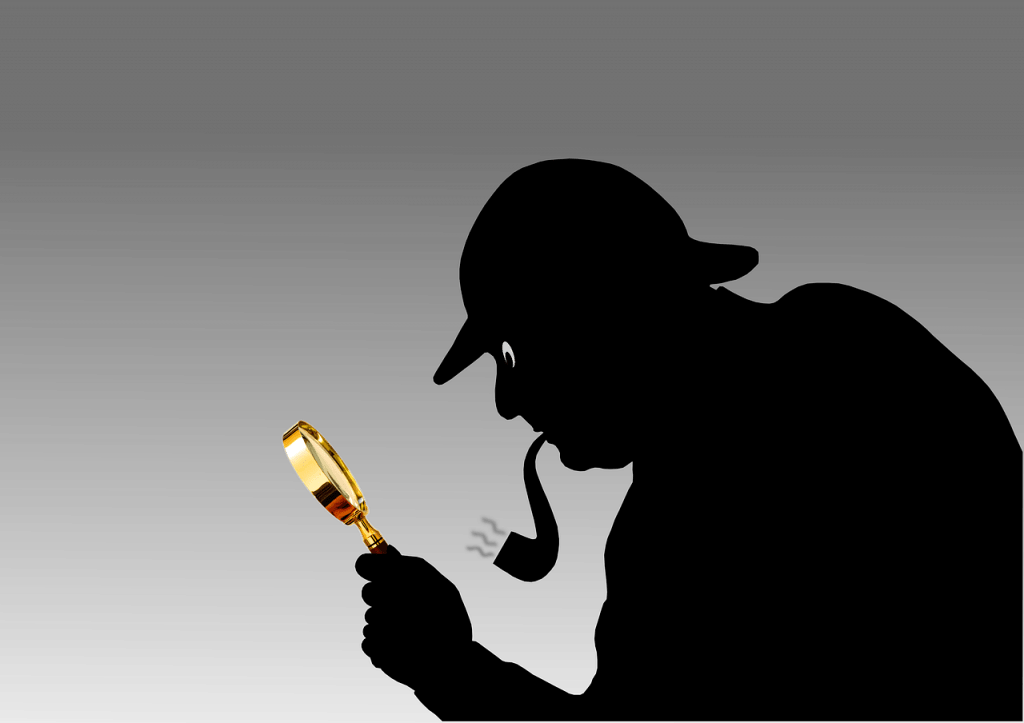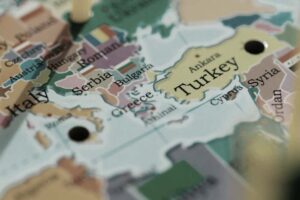
Predicting the results of the 2020 Israeli election is a tricky business. Figuring out what kind of government will be formed after the election is even trickier. Still, some experts have been getting such forecasts right for years. How do they do it?
To face this challenge I turned to my favorite literary detective, Sherlock Holmes, and particularly to one of his most famous quotes:
“When you have eliminated the impossible, whatever remains, however improbable, must be the truth”
I find that this is a helpful approach for handling all sorts of problems in life, and also for predicating election results.
This Sherlock technique proved useful in predicting the 2013 election outcome. After ruling out various scenarios, some surprising conclusions emerged. For example, that Prime Minister Benjamin Netanyahu will bring Tzipi Livni into his government if he wins (despite his pledge not to do so).
However, the 2013 election was relatively easy to deal with, as there weren’t too many potential scenarios. Now back to the 2020 election, which is much more challenging, partly because it’s hard to see which options can be ruled out.
Option 1: Netanyahu Win
Let’s start with the first one: A Netanyahu victory and a right-wing government. Netanyahu seems just short of achieving a majority, and maintains strong support among his large fan base. He is also campaigning intensively. This option certainly cannot be ruled out, says Sherlock. In fact, we will assign it a 50% probability.
But what about the other option, a center-left coalition led by Benny Gantz? There are a few curious questions that need to be answered first:
- Will the religious parties in Netanyahu’s bloc stick with him even if he can’t form a coalition?
- Will Defense Minister Bennett, who has been repeatedly humiliated by Netanyahu, join forces with Gantz to take his ultimate revenge?
- Is Blue and White truly open to a minority government with the outside support of some radical Arab politicians?
The answer to these questions is “maybe.” And that’s not good enough for Sherlock and his grand strategy (there are other questions this year that have no clear answers).
Option 2: Gantz Win
So what now? One possibility is to sink into despair while longing for the days when Israeli politics was clear-cut and unequivocal. Or, we can dig deeper into the Sherlock toolbox. And find this quote:
“Never trust to general impressions, my boy, but concentrate yourself upon details”
And here is one more:
“The world is full of obvious things which nobody by any chance ever observes”
Ah! Now we’re getting somewhere. The obvious thing is that Blue and White cannot win outright. The numbers just don’t add up. The general impression is that it may be able to form a coalition with creative moves. But the details suggest that this is not a promising option.
A Blue and White government will require some right-wing players to cooperate, directly or indirectly, with some hard left players. Doing so could offer immediate rewards but be very damaging in the long run for the likes of Lieberman, Bennett, or the more rightist members of Blue and White.
So while we cannot rule this option out, we will assign it a low probability: Only 10%.
So what’s left? A national unity government? This doesn’t seem like a promising option either. After all, Netanyahu and Gantz already had two opportunities to do it, and passed. And besides, the gaps between the sides are too large, and they hate each other. Right?
Not quite. And here is Sherlock again with a key piece of advice:
“There is nothing more deceptive than an obvious fact”
Option 3: Unity Government
It seems obvious that Netanyahu and Gantz are not up for unity. But this could be deceptive. For one thing, in case of a deadlock, both will face huge popular pressure to compromise and avoid a fourth election. Moreover, a unity deal will offer some nice rewards.
A unity government will allow Netanyahu to face his trial from a position of relative strength. It will also offer Gantz a path to the premiership with a rotation agreement. (Unity will be good for the nation as well, as I argue here).
And here are some more obvious facts to reconsider:
“Netanyahu will cling to power at all costs as he fights the charges against him at court.” Or, he may strike a plea bargain and quit, thus paving the way for a Likud-Blue and White unity government without him.
Or, “Blue and White will remain intact after the election.” Or, it could split up, with some players (Gantz) entering a unity government and others (Lapid) opting for the opposition.
In short, there are several paths to a unity deal, some more obvious than others. Sherlock certainly cannot rule this out, so we will assign the option of a national unity government 40% probability.
This still leaves us with a great deal of uncertainty, but sometimes there are no clear answers to all questions (I could not find a Sherlock quote to support this). Moreover, there are other factors that make this election particularly hard to predict (you can read about it here).
And, there is still a week to go. Unpredictable developments in the coming days are possible. If this happens, Sherlock will have to adjust his Israeli election predictions accordingly. Stay tuned.


